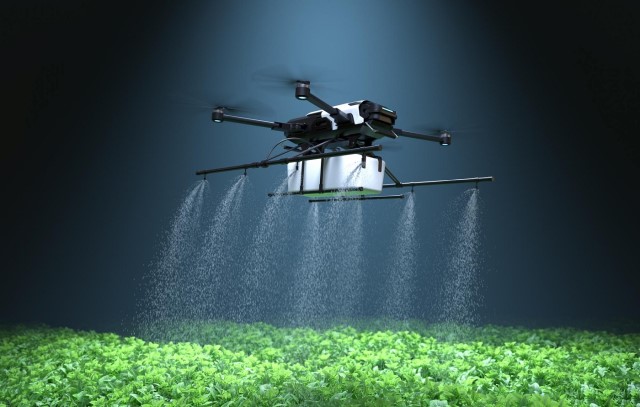For thousands of years, farming has played a key role in shaping our societies. It’s grown from simple hand tools to complex tech solutions. Nowadays, the digital world holds vast opportunities for modernizing farming.
However, there is still a big disconnect between high-tech creators and traditional farmers. This is where education about agriculture can step in. It could be the link we need! Let’s dive into how learning more about farming could help us bring technology onto farms easily, boosting work rate and eco-friendliness.
Understanding the Farmers’ Perspective
So, the first thing we need to do is understand. Lots of farmers work based on what’s been passed down through their families, hard-won knowledge, and years of experience. This hands-on know-how can’t be beaten, but it might not include recent tech advances. Some farmers hesitate to use these new tools because they don’t fully grasp how beneficial they are or simply fear trying something unfamiliar.
That’s where agri-education comes in handy! It offers programs that help teach about fresh advancements related to farming technology. By providing context and demonstrating the tangible benefits of these innovations, educational initiatives can demystify technology for farmers, fostering an environment of trust and openness.
The Role of Agri-Tech Innovators
Now, looking at it from the other angle. Tech creators sometimes miss out on what day-to-day farming looks like. Their solutions may be cutting-edge but might not always fit with how a farm runs.
Agri-education can smooth this over, too, by providing courses and training sessions that tackle agriculture basics. Things such as understanding crop cycles or soil health are all key topics covered in these workshops. When tech folks know more about what unique issues farmers face daily, they’re better placed to create practical technology tailored for real-life use on farms.
Tailoring Education to Local Needs
There’s no one-size-fits-all in farming. With so many differences, like climate, crops, and how we farm, education needs to be personalized. So, agri-education programs should focus on what matters most to local farmers.
This way, the lessons stay rooted locally, making them easier for farmers to apply daily. Tailoring can also help pick tech tools that are right at home with each unique farming scenario, which makes it much easier for acceptance while boosting their impact.
Integrating Innovative Technologies
Agri-education’s end game is getting tech and farming to work together seamlessly. Here, they dive deep into specific tools like precision agriculture gear and systems that monitor using IoT technology.
They also cover sustainable methods, such as hydroponic chillers used for temperature control in indoor farms. Imagine how plants would thrive with ideal water temperature. This kind of stuff can spark interest among farmers who are looking ahead.
These detailed sessions provide not just know-how but hands-on experience, too. This is key when it comes to getting these new technologies working out there on the field.
Conclusion
So, to wrap it up, agri-education is the secret sauce that brings together farmers and tech creators. By encouraging understanding, making learning relatable locally, and giving a taste of what new tools offer hands-on, these educational initiatives are bridging gaps in big ways. This could mean brighter days ahead full of prosperity for agriculture, where sustainability takes center stage.
Image by user6702303 on Freepik

